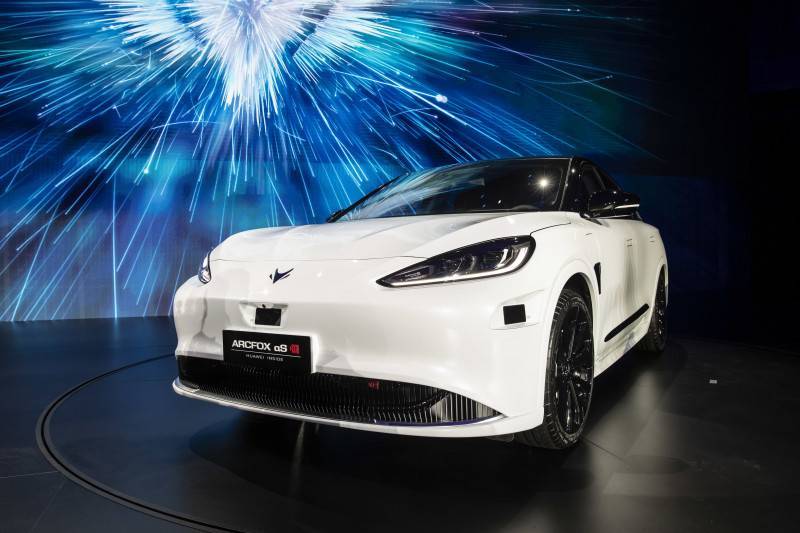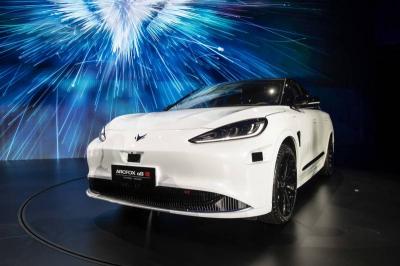Two informed sources reported that U.S. officials have approved licensing requests worth hundreds of millions of dollars for Huawei, the Chinese telecommunications company blacklisted, to buy chips for its expanding automotive component operations. Huawei, the world's largest maker of communications equipment, is subject to trade restrictions imposed by the Trump administration on the sale of chips and other components used in network equipment and smartphones. The Biden administration has reinforced a tough approach to exports to Huawei, denying licenses for chip sales to Huawei for use with fifth-generation devices.
However, in recent weeks and months, insiders told Reuters that the U.S. has granted licenses allowing suppliers to sell chips to Huawei for vehicle components such as video screens and sensors. These approvals come as Huawei directs its business towards elements less susceptible to U.S. trade restrictions. This has not been well-received by everyone. Republican Senator Tom Cotton, a strong critic of Huawei in the past, stated, "It is unacceptable for the Biden administration to ease its pressure campaign on Chinese companies like Huawei that engage in espionage." In response to Reuters’ report, Senator Marco Rubio described this move as "another example of President Biden’s failure to protect America's economic and national security." He noted that Huawei has a long history of exporting "digital authoritarianism" from Beijing and urged the Biden administration to increase sanctions and restrictions on Huawei and other Chinese technology firms "instead of granting exemptions."
**Easier Approvals**
Automotive chips are generally not considered complex equipment, making approval easier. A source close to the licensing approvals indicated that the government is granting licenses for chips in vehicles that may contain other components with fifth-generation capabilities. When asked about automotive licenses, a spokesperson for the U.S. Department of Commerce stated that the government continues to consistently apply licensing policies "to restrict Huawei’s access to goods, software, or technology for activities that may harm U.S. national security and foreign policy interests." The source added that the Department of Commerce is prohibited from disclosing details about license approvals or denials. A spokesperson for Huawei declined to comment on the licenses but said, "We position ourselves as a new provider of connected smart vehicle components, and our goal is to help original equipment manufacturers build better cars."
Cordell Hull, a former senior official at the Department of Commerce during the Trump administration who helped shape U.S. export policies to China, said, "If it is really a commodity product, I think we would want Western and allied companies to gain that profit. Speaking about this case alone, I do not see a significant risk (to national security)." Under the pretext of threats to U.S. national security and foreign policy interests, the United States has made significant efforts to slow down Huawei's core telecommunications business growth.
**Tight Restrictions**
After Huawei was placed on the U.S. Department of Commerce's trade blacklist in 2019, which banned sales of U.S. goods and technology to the company without specific licenses, the U.S. tightened restrictions last year to limit the sale of chips made abroad using U.S. equipment. It also campaigned to make allies exclude Huawei from their fifth-generation networks due to espionage concerns. Huawei denies these allegations. The company announced its largest revenue drop ever in the first half of 2021 after U.S. restrictions pushed it to sell a significant portion of its previously dominant mobile phone activities before new growth areas mature fully. Emphasizing the shift towards smart vehicles, Chairman Eric Xu announced agreements with three state-owned Chinese companies, including BAIC Group, to supply "Huawei Inside," an intelligent vehicle operating system, at the Shanghai Auto Show earlier this year.




